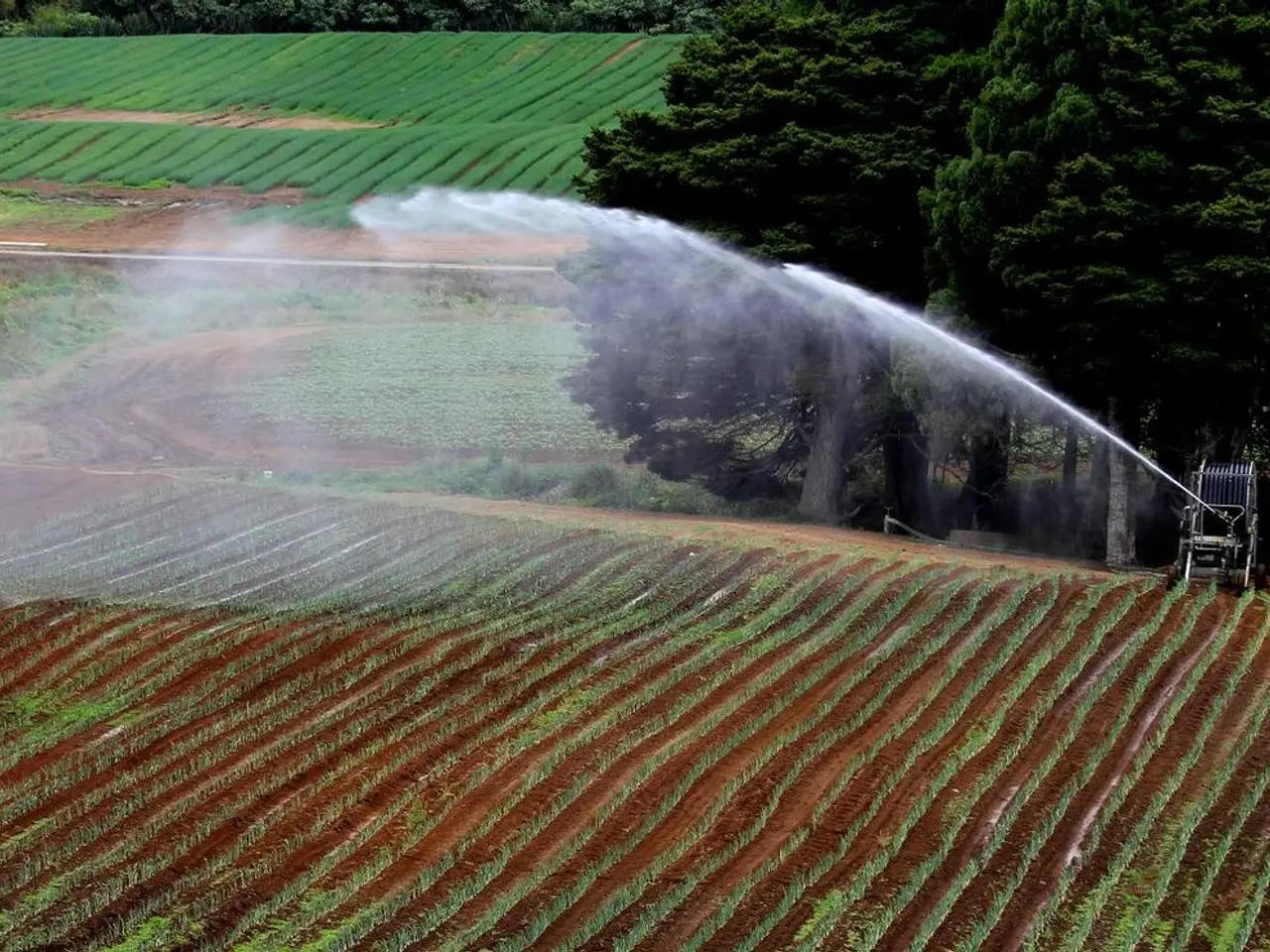Discusses New Directions for Food Certification Accreditation in Almaty
In a significant move towards enhancing regulatory standards, the National Accreditation Center in Kazakhstan is working on implementing new accreditation schemes in the agro-industrial complex, medicine, and management systems. This initiative is driven by the annual growth of services in these areas and the resulting need for conformity assessment.
Among the accredited laboratories, 37 have the capability to perform DNA identification analysis. Viktor Tomashevich, head of the Almaty representative office of the National Accreditation Center, spoke about these innovations. He also highlighted that there are 175 accredited laboratories in Kazakhstan's registry that analyze food products according to the Technical Regulation of the Customs Union (TR CU 021/2011).
While Kazakhstan, a Muslim-majority country, has recently enacted laws reflecting a secular state approach, the regulatory environment for Halal products is less clear. Seven national standards for "Halal" products have been adopted in Kazakhstan, yet there is no distinct, publicly documented halal certification regulatory framework or national authority as of mid-2025.
Businesses interested in halal certification in Kazakhstan may rely on international halal standards and certifications from recognised bodies abroad or regional forums where Kazakhstan participates. The Islamic Chamber Halal Services (ICHS), active internationally and participating in forums such as the ICHS-led Kazan Halal Forum 2025, indicates that Kazakhstan is involved in broader halal industry discussions and may be influenced by regional or international halal standards.
The organic products sector is considered important in Kazakhstan, as the country produces organic products, but their certification is currently carried out by foreign bodies. A system for assessing organic products within Kazakhstan is being established, with one of the new directions being for "Halal" products. Interestingly, there are five organisations in Kazakhstan that independently certify 'Halal' products without third-party recognition. However, due to the lack of legislation for coordinating certification bodies, any enterprise in the country can operate under "Halal" standards based on its own knowledge and skills.
In a notable development, "Halal" products will undergo state expertise as part of the new accreditation directions being introduced by the National Accreditation Center. This move signifies a step towards a more structured and regulated halal certification process in Kazakhstan. For the most accurate and current details, consultation with local regulatory authorities or halal certification bodies operating in Kazakhstan, or through trade and halal industry forums involving Kazakhstan, would be advisable.
- As the organic products sector in Kazakhstan gains importance, science plays a crucial role in establishing a system for assessing organic products, particularly for "Halal" products.
- In the realm of health-and-wellness, lifestyle, and food-and-drink, the National Accreditation Center's new accreditation directions for "Halal" products involve state expertise, aiming to create a more structured and regulated certification process.




